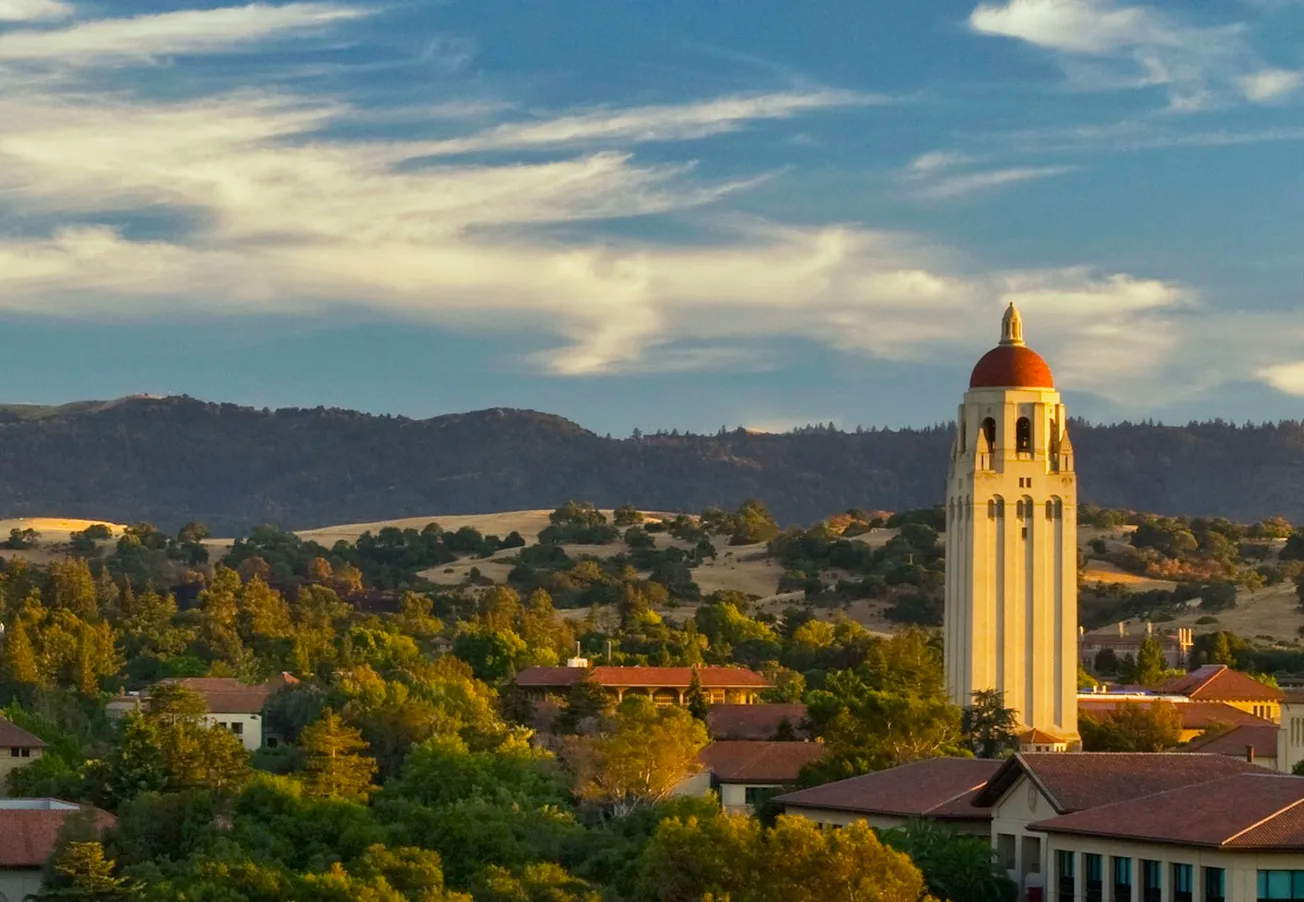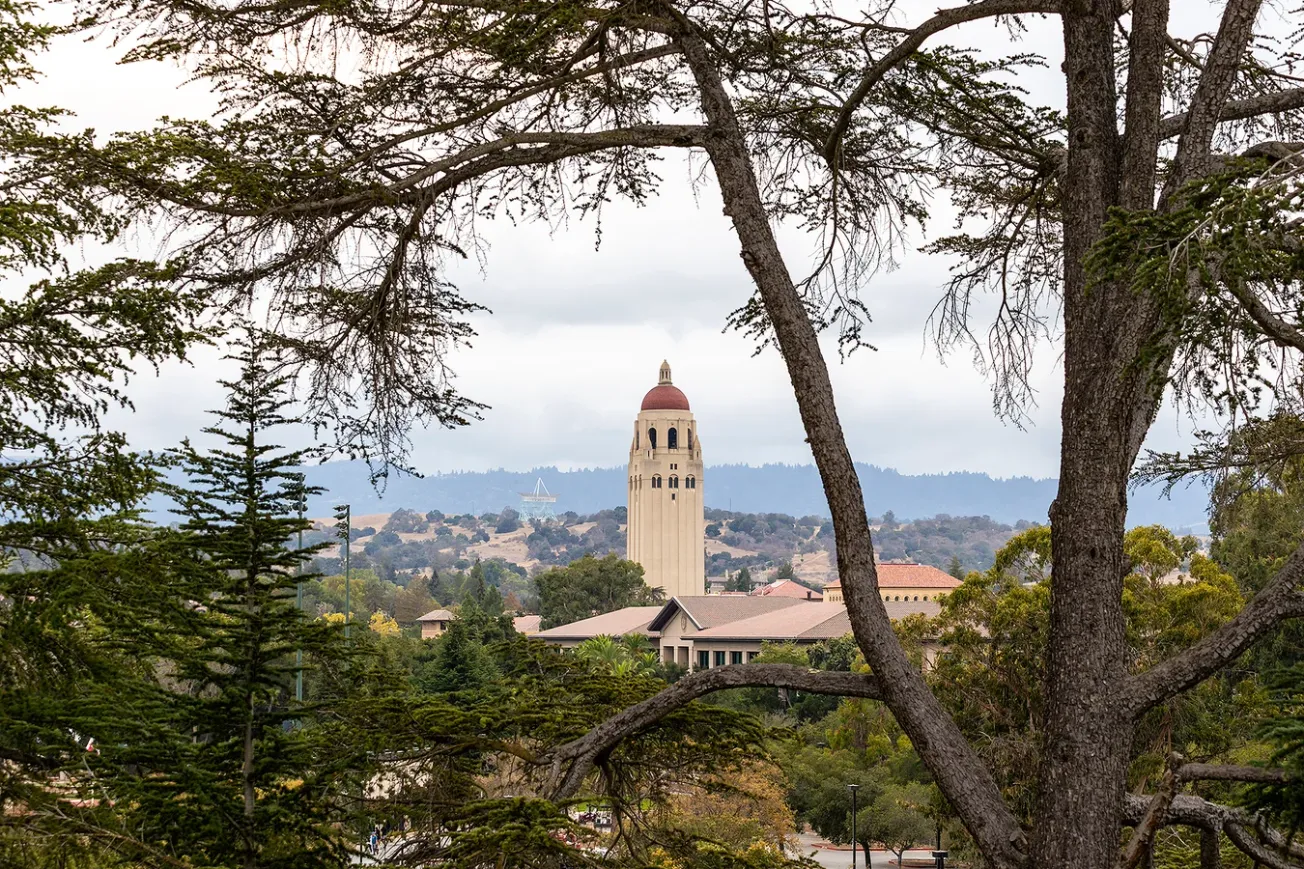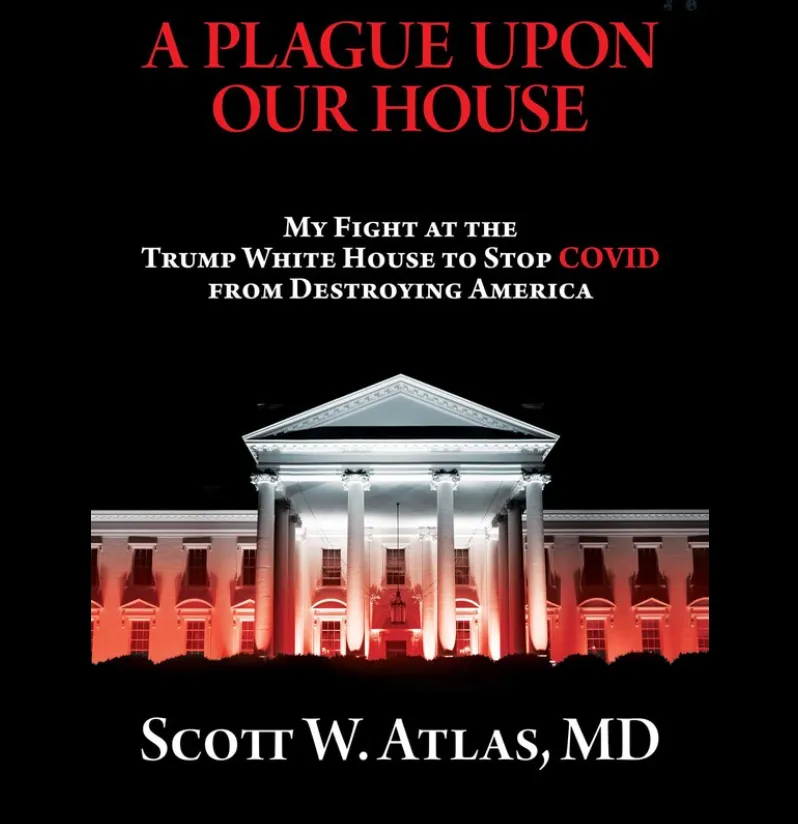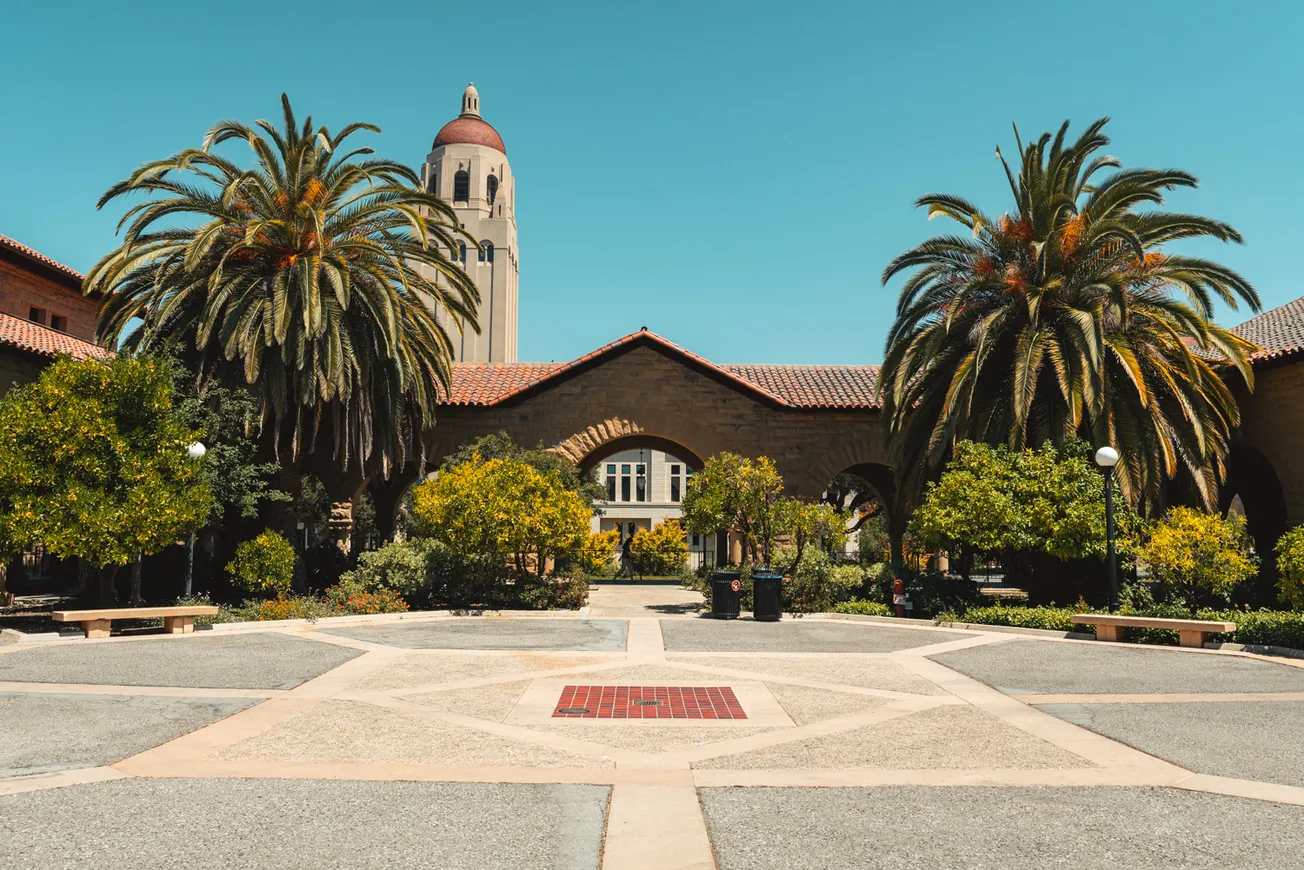Table of Contents
Stanford students are lucky to have the Hoover Institution, one of America’s premier think tanks as an easily accessible resource. The economic and public health crises that have shaped 2020, demonstrate that sound public policy should not be undervalued. Even those who are not considering a public service career would benefit from public policy courses to better understand how our government functions and reacts to crises. Conservative views are not adequately taught in most classrooms, to which Hoover fellows’ conservative leanings provide a needed counterbalance. By engaging with intelligent policy makers with whom you disagree, you will better understand how conservatives approach public policy issues, even if you are not convinced by conservative arguments.
To better connect students with the Hoover Institution, the Review has created an exhaustive list of courses taught this year by Hoover fellows, as well as five recommendations of classes that Review staff have particularly enjoyed. For additional class reviews, the Review has compiled class recommendations for the 2020-21 class year available here.
Top 5 Course Recommendations
HISTORY 153: Creation of the Constitution, Professor Michael McConnell, (Spring 2021)
Although this class is intended for law students, Professor McConell, a former appellate judge and constitutional law scholar, encourages undergraduates to enroll. McConnell delivers insightful, thought-provoking lectures that explore how the Constitution was crafted, from its intellectual origins in the Mayflower Compact and the works of William Blackstone to the debates within the Constitutional Convention. --Ben Esposito
COMPLIT 37Q : Zionism and the Novel (Fall 2020) and ESF 17: What Can You Do for Your Country (Fall 2020), Professor Russell Berman
Professor Berman is a must-take instructor for conservatives at Stanford; he is not only a brilliant and thought-provoking instructor, but takes incredible care to help his students, both inside and outside of the classroom. A serious scholar who embraces critical thought, he tackles controversial topics head-on rather than shying away from them, and is guaranteed to make you question your assumptions. --Annika Nordquist
HISTORY 150C: The United States in the 20th Century, Professor Jennifer Burns (Spring 2021).
Professor Burns, an accomplished historian who is currently writing a biography of Milton Friedman to follow upon her acclaimed biography of Ayn Rand, will also be teaching a course on conservatism during the summer quarter as well. Senior Katherine Silk notes that “her class provides an exceptionally well-taught and unbiased view of 20th century America.”
EASTASN 162: Seminar on the Evolution of the Modern Chinese State, 1550-Present, Alice Miller (Spring 2021)
Alice Miller, a Hoover research fellow and former CIA analyst, structures this course as a series of seminar-style discussions about the evolution of the modern Chinese state. The reading list for the course is daunting, but it is packed with useful information about the history of China. I would recommend taking an introductory class in Chinese history beforehand. During the course, Miller continuously challenged us to think creatively and incorporated a variety of unconventional readings into the discussion. This course is indispensable for anyone who wants a nuanced, rigorous treatment of Chinese state-building. --Neelay Trivedi
INTLPOL 268: Hack Lab, Riana Pfefferkorn and Alex Stamos, (Fall 2020)
Hack Lab is the rare CS class at Stanford where little to no CS experience is required. Rather, this class is aimed towards social science students and covers fascinating material about how computer systems are hacked as well as policies to protect against such dangers. Professor Stamos is known for his humor. Sophomore Alex Lee notes the dual perspective presented by Stamos, Facebook’s former Chief Security Officer and Pfefferkorn, a law professor, provides “a comprehensive picture of cybersecurity, addressing past cases and recent issues.”
Fall Courses
- COMPLIT 37Q (JEWISHST 37Q): Zionism and the Novel. Professor Russell Berman, 3 units.(JEWISHST 37Q)
- COMM 162/262 (POLISCI 120B): Campaigns, Voting, Media, and Elections. Professor Shanto Iyengar.
- EASTASN 94/294: The Rise of China in World Affairs. Alice Miller, 3-5 units.
- ECON 1: Principles of Economics. Professor John Taylor, 5 units
- ECON 146: Economics of Education. Professor Caroline Hoxby, 5 units.
- ECON 341: Public Economics and Environmental Economics Seminar. Professor Michael Boskin, 5 units. [Prerequisite required].
- ESF 17: What Can You Do for Your Country. Professor Russell Berman, 5 units.
- FINANCE 201. Dr. Joshua Rauh, 3 units (also taught by Professor Peter DeMarzo and Professor Juliane Begenau).
- FINANCE 377: China's Financial System. Professor Darrell Duffie, 3 units. [Grad school course, professor’s consent required].
- GLOBAL 104: Iranian Cuisine. Professor Abbas Milani, 1 unit.
- HISTORY 201C (INTNLREL 140C/140X): The U.S., U.N. Peacekeeping, and Humanitarian War. Bertrand Patenaude, 4-5 units.
- INTLPOL 256 (MS&E 193/293): Technology and National Security: Past, Present, and Future. Dr. Herb Lin, 3-4 units.
- INTLPOL 268: Hack Lab. Alex Stamos, 3 units. (Also taught by Riana Pfefferkorn)
- POLISCI 1: The Science of Politics. Professor Justin Grimmer, 5 units.
- POLISCI 19N: State-Building. Professor Stephen Krasner, 3 units.
- POLISCI 118P: U.S. Relations with Iran. Professor Abbas Milani, 5 units.
- POLISCI 220R/320R: The Presidency. Professor Terry Moe, 3-5 units.
- PUBLPOL 132/232: The Politics of Policy Making. Lanhee Chen, 3 units
Winter Courses
- CS 152: Trust and Safety Engineering. Alex Stamos, 3 units.
- EASTASN 97/297: The International Relations of Asia since World War II. Alice Miller, 3-5 units.
- ECON 162 (POLISCI 247A/347A): Games Developing Nations Play. Professor Barry Weingast., 3-5 units.
- ECON 341: Public Economics and Environmental Economics Seminar. Professor Michael Boskin, 5 units. [Prerequisite required].
- HISTORY 224C/324C (JEWISHST 284C/384C, PEDS 224): Genocide and Humanitarian Intervention. Bertrand Patenaude, 3 units.
- HISTORY 226E/326E (PEDS 226): Famine in the Modern World. Bertrand Patenaude, 3 units.
- INTLPOL 321: Fundamentals of Cyber Policy and Security. Andrew Grotto, 4-5 units.
- POLISCI 1: The Science of Politics. Professor Jonathan Rodden, 5 units.
- POLISCI 220R/320R: The Presidency. Professor Terry Moe, 3-5 units.
- PUBLPOL 146/246 (COMM 153A/253A, POLISCI 72,): Policy, Politics and the 2020 Elections: What 2020 Means for Future Campaigns and Elections. Lanhee Chen, 2 units.
- PUBLPOL 308: Political Analysis for Public Policymakers. Lanhee Chen, 4 units. [Also taught by Professor Bruce Cain]
Spring Courses
- EASTASN 162/262: Seminar on the Evolution of the Modern Chinese State, 1550-Present. Alice Miller, 3-5 units.
- ECON 23N: Capitalism, Socialism and Democracy. Professor Michael Boskin, 3 units.
- ECON 43: Introduction to Financial Decision-Making. Professor Michael Boskin, 5 units. (Also taught by Alex Gould and John B. Shoven)
- ECON 341: Public Economics and Environmental Economics Seminar. Professor Michael Boskin, 5 units. [Prerequisite required].
- EDUC 379: Moral, Civic, and Environmental Education. Professor William Damon, 3 units.
- HISTORY 150C (AFRICAAM 150C, AMSTUD 150C): The United States in the Twentieth Century. Jennifer Burns, 5 units.
- HISTORY 153 (LAW 7017): Creation of the Constitution. Professor Michael McConnell, 5 units.
- INTLPOL 240: Contemporary Issues in International Security. H.R. McMaster, 4 units.
- INTLPOL 259A: Research Seminar on Cybersecurity: Automotive Safety, Security, and Privacy. Andrew Grotto, 2-4 units.
- LAW 7012: Constitutional Law: Speech and Religion. Professor Michael McConnell, 4 units. [Law students only].
- POLISCI 149S: Islam, Iran, and the West. Professor Abbas Milani, 5 units.
- POLISCI 450C: Political Methodology III: Model-Based Inference. Professor Justin Grimmer, 3-5 units. [Prerequisites required]
Summer Courses
- HISTORY 257/357E: History of Conservatism. Professor Jennifer Burns, 5 units.









